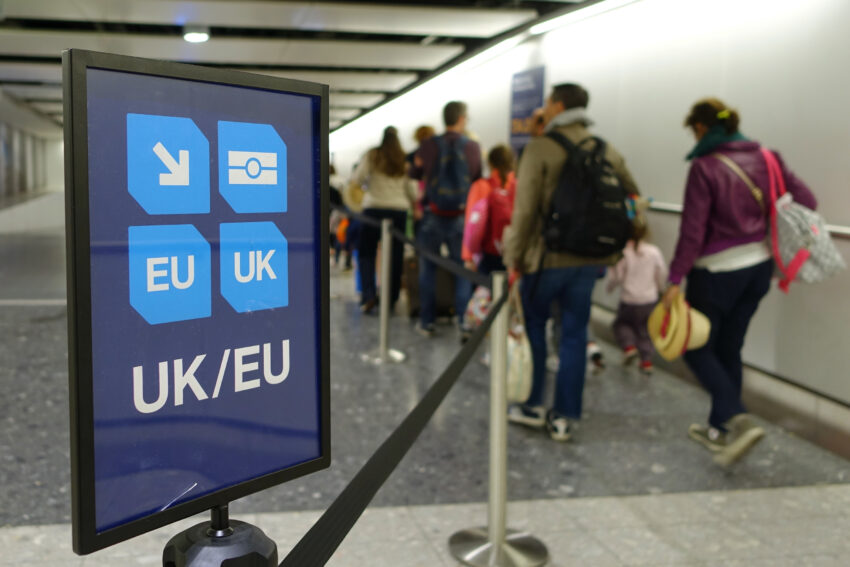The UK left the European Union on 31st January 2020. This has affected many industries and trade areas and will continue to do so. The aviation sector has seen many changes, but many rules and operations will remain unchanged.
Changes have affected airline operations, pilots and crew, and passengers in different ways. This article looks at some of the main impacts.
There are new restrictions on UK domestic and intra-EU routes
As you would expect, much of the work to develop UK/EU agreements for aviation has focused on permitted airline operations. Most traffic rights have been preserved. So-called third and fourth freedoms (giving airlines the right to fly to and from each other’s territory) remain the same.
Fifth freedom rights are more complicated. These are preserved for cargo flights but not for passenger operations. A UK airline cannot operate intra-Europe routes, and a European airline cannot operate UK domestic flights. In practice, this makes little difference. Most airlines that need to do this have established subsidiaries to handle such operations and make flight planning as smooth as possible.
Airline ownership and control restrictions
Post-Brexit, airlines from the UK and Europe must be owned and effectively controlled by nationals of their own side. They must also have their main business situated in their own territory and be licensed there.
An exception has been put in place in the UK – primarily to help British Airways. An airline that held an operating license at the end of the Brexit transition period can still be treated as a UK airline if it is owned and controlled by EU nationals. IAG owns British Airways, and the group needs to remain EU-owned so that other airlines (Iberia, Vueling, and Aer Lingus) can be treated as EU airlines. This will not apply to new airlines in the future.
Wet leasing of aircraft rules benefit UK airlines
Another area where rules from both sides now diverge relates to aircraft leasing. In the past, both dry and wet leasing was freely permitted. Going forward, UK airlines are permitted to wet lease (an aircraft with crew) from UK or EU operators. EU airlines can only wet lease within the EU.
Passenger protection is similar for now
The UK-EU agreement specifies a shared objective to achieve a “high level of consumer protection.” The main legislation that deals with handling and compensation in case of denied boarding, cancellation, or delays are the EU261/2004 regulations. Post-Brexit, the UK has written similar rules and compensation levels into law.
Pilots will face issues with license acceptance
Many areas of aircraft ownership, licensing, and airworthiness have been sorted by mutual acceptance. One area where issues remain is with pilot’s licenses. Going forward, a UK-based pilot must hold a European license to operate an EU-registered aircraft and vice-versa.
This is a costly conversion for existing pilots, but examinations taken in each jurisdiction will be recognized. Going forward, exams must be taken in the appropriate location. For example, a new UK pilot will need to decide whether to proceed with a UK or EASA license. There is lobbying action underway regarding this (especially in the UK, where pilots face immediate changes in the EU as opposed to a two-year grace period offered by the UK).
Final Thoughts
There have been many changes to aviation following Brexit. The situation is much better than it would have been under a “no-deal” Brexit, but challenges and discrepancies remain. Some of these have been masked by the COVID-19 pandemic, with full effects not likely to be seen until aviation returns to normal. Companies such as Flightworx are specialists in flight support for both commercial and domestic airlines, can help with your business aviation needs post Brexit.
Sources:
https://centreforaviation.com/analysis/reports/brexit-and-aviation-alls-well-that-ends-well-almost-548205
https://researchbriefings.files.parliament.uk/documents/CBP-8739/CBP-8739.pdf


